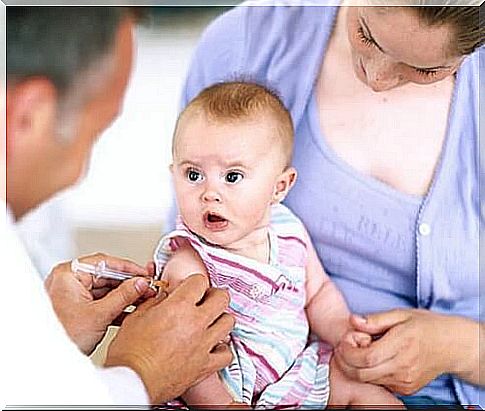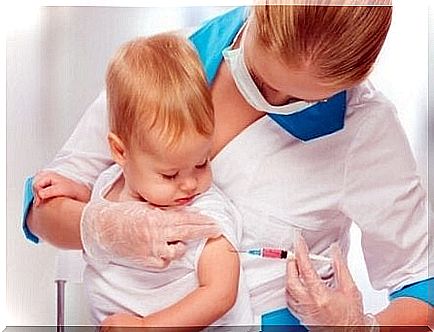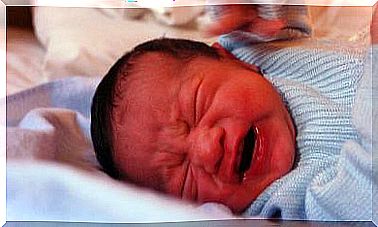Interesting Facts About Vaccinations

Parents are responsible for the well-being of their children and must therefore also take care of the necessary vaccinations . Of course, many are concerned about possible side effects, so we’re going to dig deeper into this topic in our article today.
Vaccinations protect us from certain diseases, some of which can have serious consequences.
If you vaccinate your child, you are contributing to a healthy society because it will reduce the general risk of the diseases in question.
Worth knowing about vaccinations
A protective vaccination or vaccination is used to activate the immune system against various substances. In the case of active vaccination, a distinction is made between live vaccines and dead vaccines. In addition, there is passive vaccination, with which passive immunization using antibodies is achieved.
The vaccines used
- act like antibodies
- cause the memory cells to fight off invading pathogens with the antigens of the vaccine at a later point in time.
This will protect most of the children, which will also help to completely avoid the previously fatal diseases. This also protects other children who cannot be vaccinated for medical reasons.
However, if your child has a weak immune system, they may have mild reactions when they are vaccinated.
Administration of the vaccination

There are different methods of application, but most vaccinations are given parenterally with a syringe. Usually this is done on the shoulder or on one leg. Few vaccinations are given orally or nasally.
As a mom, seeing the syringe may make you feel uncomfortable, but you shouldn’t worry. Remember, this will protect your child from serious illnesses.
What to do if a child cannot be vaccinated
Various medical or physical conditions can make vaccination impossible. For example, the child may be allergic to certain vaccinations.
In this case, the following actions are usually taken:
- Define possible allergies precisely.
- Avoid allergens as much as possible.
- Leave the child at home if there is an outbreak of the disease in kindergarten or school for which the child is not vaccinated.
Of course, this is not always easy, but remember that your child is vulnerable and unprotected.
You should also let the school know that your child is not vaccinated against a certain disease. The teachers can then take appropriate action.
When are children vaccinated?

The doctor will set the vaccination calendar for your child. The vaccinations are then entered in the vaccination certificate so that they can be refreshed after a certain period of time.
Your pediatrician can give you detailed information and will also remind you of the refreshments. When in doubt, keep asking until everyone is cleared up.
Some babies have small reactions after being vaccinated. However, you shouldn’t worry too much, but you can speak to the doctor treating you to make sure everything is normal.
Control of vaccinations
The vaccination record is very important in order not to lose control of the vaccinations administered. Some schools require you to present your vaccination certificate so that you can take the right action in the event of an outbreak.
If your child is allergic, you should get a certificate from the pediatrician and inform the school.
Vaccinations are an important preventive measure that helps prevent serious illness. But do your research so that you can make the right decision for your child together with the pediatrician.









